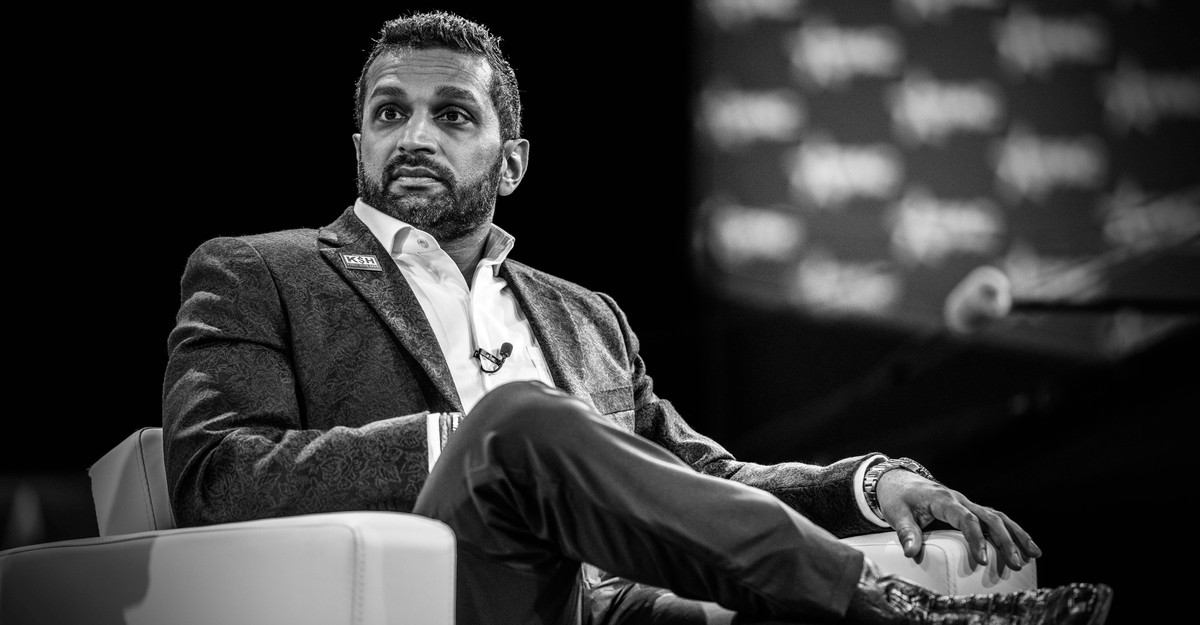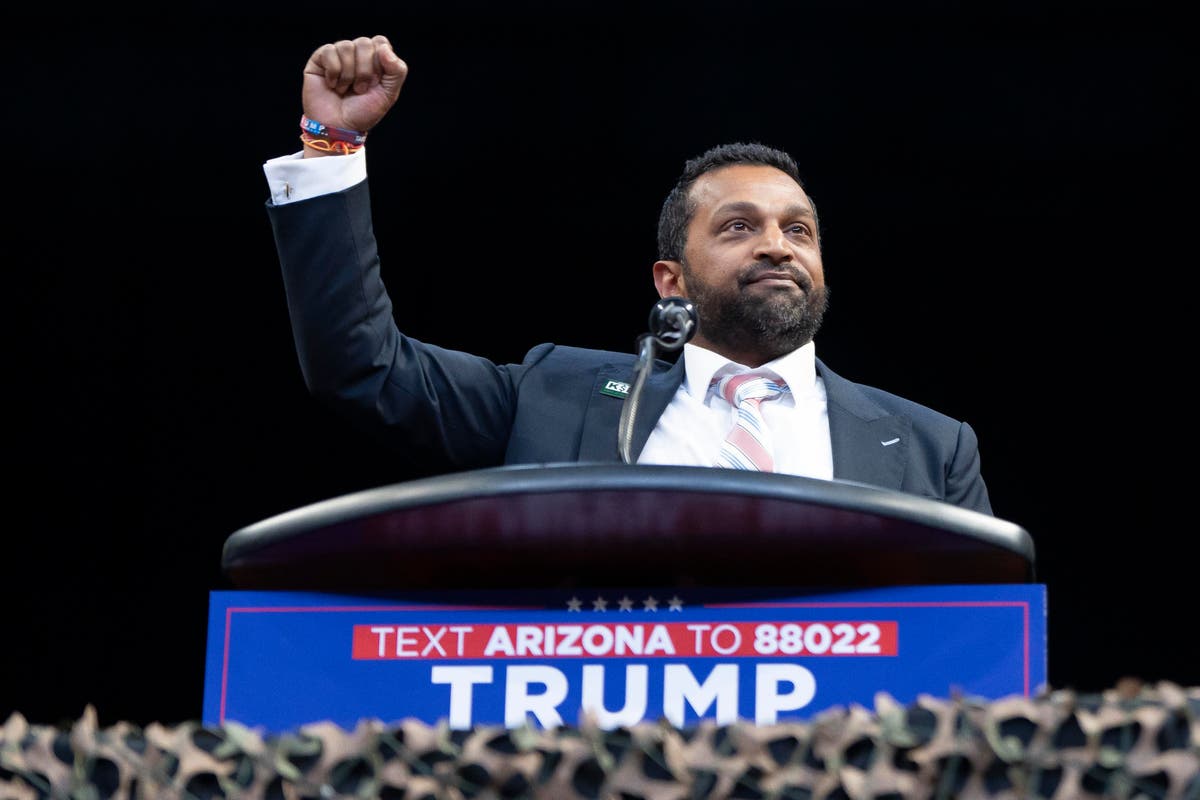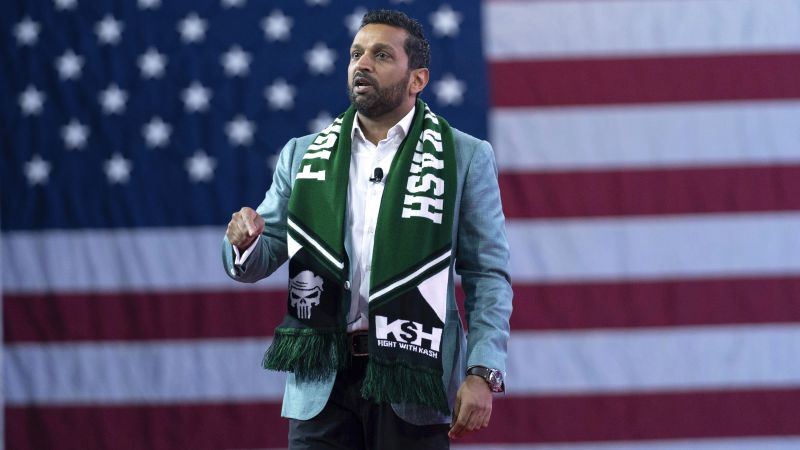Kash Patel, President Donald Trump's controversial pick to lead the FBI, is poised to take on a role that many view as contradictory to his previous criticisms of the bureau. Patel, a former public defender and strong supporter of Trump, has openly expressed a desire to dismantle what he calls "the deep state" within the FBI. His selection has raised eyebrows due to his contentious views and his close alignment with Trump's agenda.
If appointed as FBI director, Patel would have to replace the current director, Christopher Wray, who was appointed by Trump in 2017. This move has drawn criticism from members of both political parties, as it would require forcing out an established figure within the bureau. Additionally, Patel's confirmation by the Senate is likely to be met with scrutiny, given the unconventional nature of Trump's selections.
Patel's views on the FBI and the Justice Department are laid out in his book, "Government Gangsters: The Deep State, the Truth, and the Battle for Our Democracy." In this book, Patel calls for a significant overhaul of the Justice Department, accusing it of protecting Democrats while unfairly targeting Republicans. Trump has endorsed Patel's book as a roadmap to reclaim power from what he perceives as government corruption.
Criticism of the FBI is not new for Patel, who has been vocal about his disdain for the agency. In a podcast interview, he called for the dismantling of the FBI headquarters in Washington, DC, labeling it a symbol of the "deep state." Patel has also been a vocal advocate for pursuing legal action against members of the media who he believes have spread misinformation or lies.
Despite his controversial views and lack of experience in leading a law enforcement agency, Patel has positioned himself as a key player in Trump's inner circle. He has been involved in various efforts to discredit investigations into Trump's campaign and administration, including the infamous Russia investigation. Patel's unwavering loyalty to Trump has not gone unnoticed, as he has been considered for high-ranking positions within the government.
Patel's background as a public defender and federal prosecutor has shaped his perspective on government and law enforcement. His transition from defending clients in Florida to overseeing national security cases for the DOJ reflects a path that has led him to the center of political controversies. His involvement in high-profile cases, such as the Benghazi attack prosecution, has brought both praise and scrutiny to his career.
As Patel awaits confirmation by the Senate and potential leadership of the FBI, his controversial past and close ties to Trump continue to raise concerns. The implications of his appointment go beyond just leading a government agency; they speak to the larger issue of political influence over law enforcement and national security. The debate surrounding Patel's nomination underscores the delicate balance between political loyalty and institutional integrity in the highest levels of government.
In conclusion, Patel's journey from a public defender to a potential FBI director highlights the intersection of politics and law enforcement in today's contentious climate. His selection reflects broader challenges facing government institutions and the rule of law. As the Senate deliberates on his confirmation, the implications of his leadership at the FBI will be closely watched by both supporters and critics alike.



